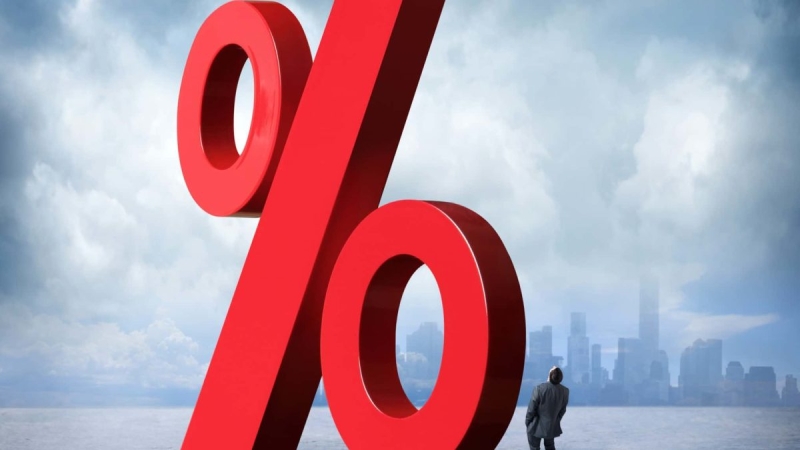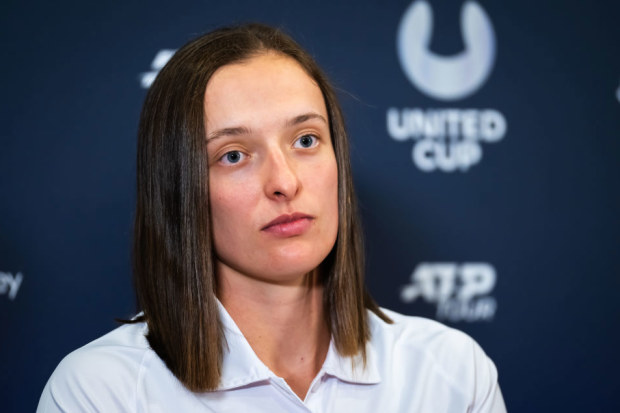Health experts have questioned Novak Djokovic's claim he was "poisoned" by food served to him in detention during his Australian Open visa saga in 2022.
In a lengthy GQ interview that covered several topics, Djokovic spoke about what happened three years ago, when he was not vaccinated against COVID-19 and was detained before being kicked out of Australia.
Watch the Australian Open live & free on the 9Network & 9Now. Stan Sport is the only place to watch every match ad-free, live & on demand with centre court in 4K.
The 24-time grand slam champion said he had high levels of metal in his blood from food he was given while detained before being deported from the country.
"I had some health issues. And I realised that in that hotel in Melbourne, I was fed with some food that poisoned me," he said.
"I had some discoveries when I came back to Serbia. I never told this to anybody publicly, but … I had a really high level of heavy metal. Heavy metal. I had … very high level of lead and mercury."
The Department of Home Affairs declined to comment, citing privacy reasons.
While experts claim it is possible to be poisoned in such a manner, it was unlikely.
Speaking to The Guardian, Dr Barbara Cardoso, a nutritional biochemist at Monash University, said Australia has phased out the use of lead in paint, petrol and plumbing, meaning citizens have "relatively low exposure to lead and mercury."
"Mercury can be present in food, but the food with the highest mercury concentration are fish and shellfish,' she said.
"The concentration in fish and shellfish found in Australia is relatively low. It requires time for that mercury to accumulate in the body to cause poisoning.
"The food that people who live in Melbourne and consume locally that may have been harvested here or sold at local grocery stores is unlikely to cause a poisoning."
Dr Catharine Fleming, senior lecturer in public health at Western Sydney University, said it was "hard to show causation between [Djokovic's] acquisition of the heavy metal poisoning and the food consumed without any clinical test results".
"However, we did complete a study during the Covid pandemic focused on the foods available in quarantine specifically for children and their families and found this to be incredibly poorly done, with ad hoc food provision provided of poor quality."
Asylum seekers who have stayed at The Park hotel in Carlton as an alternative place of detention have reportedly complained of food infestation.
Djokovic did not want to rehash — or even discuss at all, really — what he said in the months-old interview with GQ magazine.
"I would appreciate not talking more in detail about that, as I would like to focus on the tennis and why I'm here," Djokovic said ahead of the Australian Open, which starts Sunday.
"If you want to see what I've said and get more info on that, you can always revert to the article," Djokovic said about the piece posted online this week.
Djokovic is working with Andy Murray as his coach in Australia in a bid to become the first player in tennis history with 25 Grand Slam singles titles.
The 37-year-old Serbian did not directly answer at the end of Friday's news conference when asked whether he had any evidence linking the blood levels he described to GQ to the food he ate in detention.




